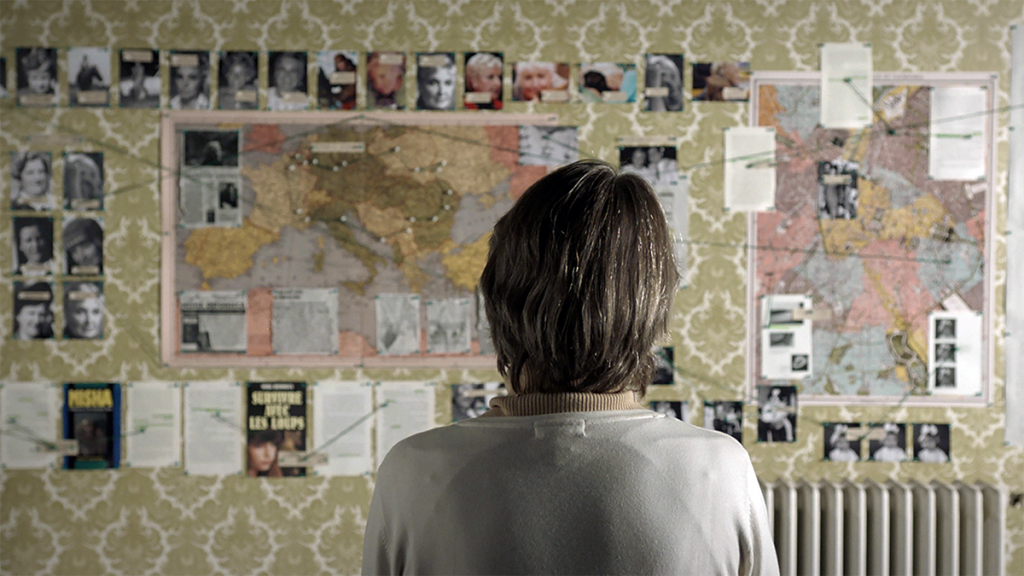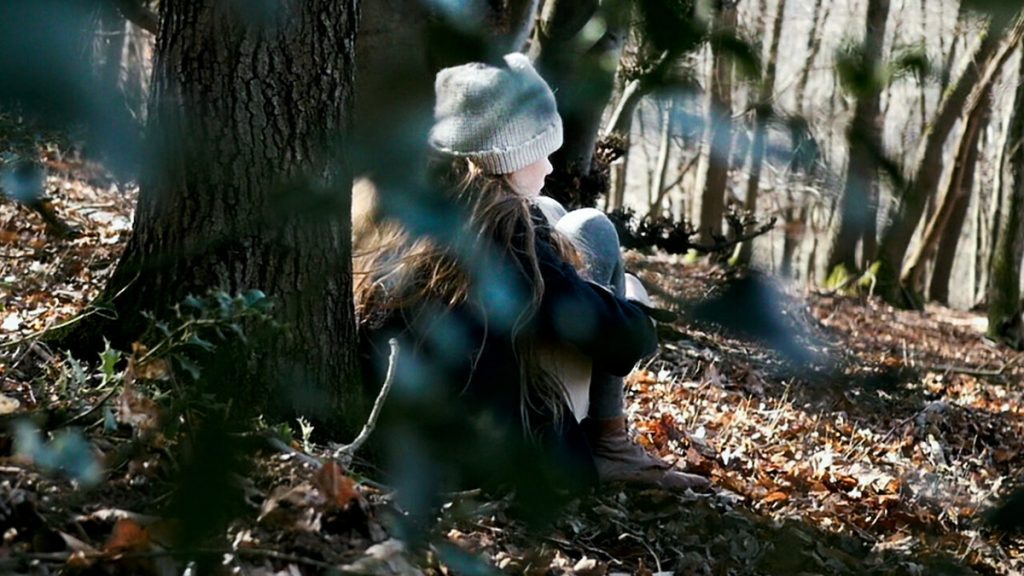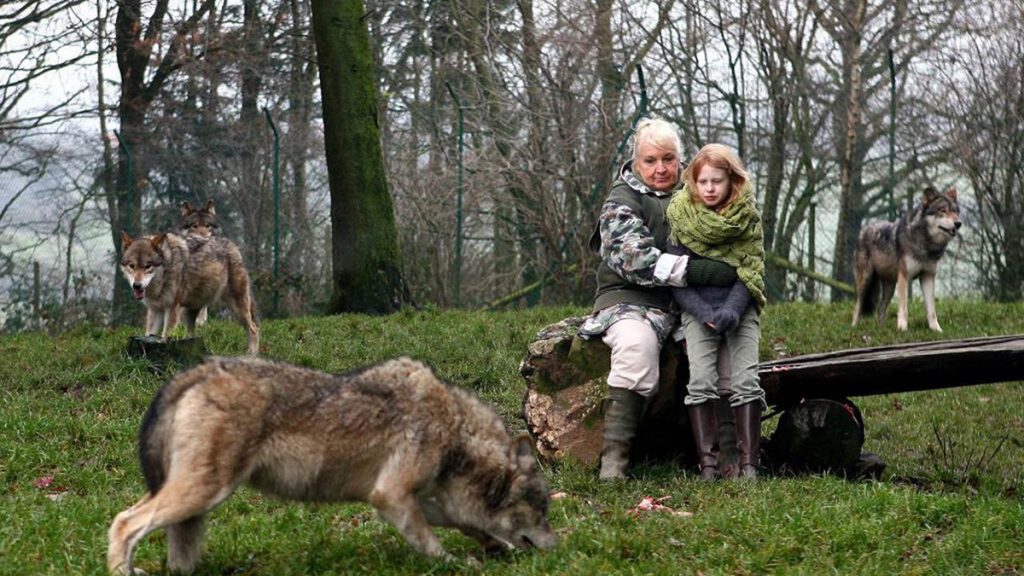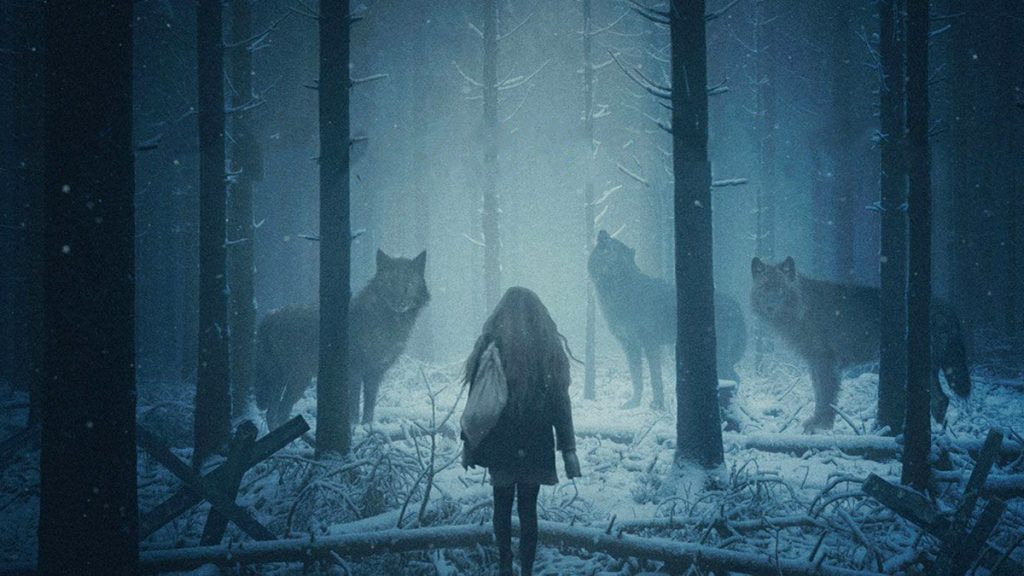Misha and the Wolves is an innovative documentary film about the book by the same name. I’m rarely impressed by a Netflix documentary, and this one was so good that I watched it twice.
The book was based upon the experiences of Misha Defonseca as a hidden Jewish child in Belgium during World War Two. Misha escapes from her adoptive family to locate her real mother and father, who were taken to one of the camps in Germany. She treks through the wilderness between Belgium and Germany and is taken in by wolves, hence the title of her memoir.

Misha tells this fantastical story at a local synagogue in Millis, Massachusetts, and a publisher, Jane Daniel, convinces Misha to write her memoir so it can be published. The book is released, and Daniel peddles the memoir for a possible adaptation by Disney, and an opportunity to be one of Oprah’s Book Club picks. Misha and Daniel’s relationship deteriorates, and it results in a lawsuit. Daniel loses the lawsuit and ends up being ordered to pay over 22 million dollars. Daniel can’t pay this huge amount of money, so she begins researching Misha to question her story, as this would somehow nullify the judgment.
Daniel ends up getting help from a US genealogist, Sharon Sergeant, who begins to find significant discrepancies with Misha’s story. A Belgian genealogist was brought in, Evelyne Haendel, to do local research into Misha and her supposed story. An interesting twist is that Haendel was also a hidden Jewish child, who lost her family to the concentration camps. The research shows that Misha’s story is bunk and couldn’t possibly be true.

This is when the documentary does something completely innovative, and it blew my mind. I won’t spoil it, of course, because the reveal is too good. Misha’s real story comes out, and you end up being a little disgusted by the fact that Misha portrayed herself as a Holocaust survivor. You feel great that Daniel was vindicated at the end, and the settlement was reduced. However…
At the very end of the documentary, a Holocaust historian, Dr. Debórah Dwork is interviewed. Dwork had reviewed Misha’s memoir before publication and told Daniel that it couldn’t possibly be true and that it should not be published. This makes you immediately lose all sympathy for Daniel.

This story, of Misha falsely claiming to be a Holocaust survivor, is exactly what Holocaust deniers use to fuel their cause (see: 2016’s Denial). It brings up the delicate question as to the hesitancy to research into survivors’ stories because no one wants to scrutinize them and then find out the stories are true. It was good that Misha’s story was eventually researched and proven false, but this situation could cause people to negate all survivors’ stories.
I initially found the documentary engaging, but then was absolutely pulled in once the fraud was revealed. The revelation, and the use of Misha’s own words within the documentary, presented a fairly balanced look at why Misha made up her memoir.

 6.7
6.7

Photos
See all photos >>

I’m a Data Analyst, from the land of Matthew McConaughey. I’m an avid movie-goer and love seeing films in theaters. My most recent favorite films are Good Time, Only Lovers Left Alive, TENET, and England is Mine. When I’m not at the movies, I’m either reading or watching obscene amount of true crime and historical documentaries.














